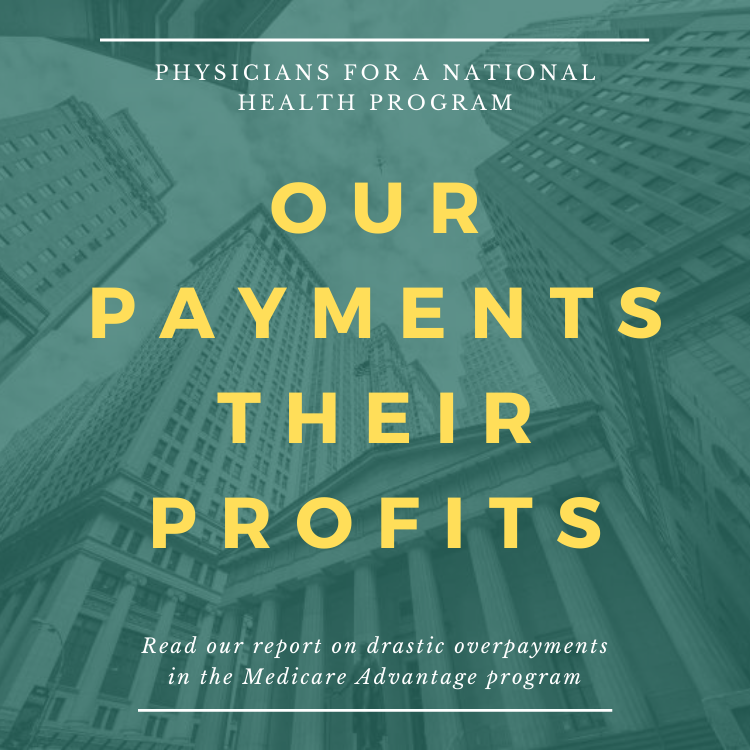Analysis of Integrated Delivery Systems and New Provider-Sponsored Health Plans
By Allan Baumgarten, LLC
Robert Wood Johnson Foundation, June 2017
Many of the earliest and most prominent health insurance companies, such as Kaiser Permanente, Geisinger, and HealthPartners, were formed by provider organizations that under careful care coordination and conservative practice, were able to offer comprehensive benefits from a limited network of providers at competitive prices. Responding to incentives under the Affordable Care Act and other trends in their local markets, health systems in the United States have formed dozens of new health insurance companies or acquired existing health plans since 2010. This project examined the goals of these health systems in entering the health insurance business.
From the Introduction
Since 2010, provider systems established 37 new health insurance companies and acquired five existing health plans. The renewed interest by provider systems in owning their own health plans grew out of longstanding strategies to gain market strength and more control over premium revenues, and in response to payment changes under the Affordable Care Act (ACA) and other market trends.
About half of the new health plans are selling Medicare Advantage products only, while some others saw their best business opportunity as selling to individuals and small groups through exchanges and other channels.
While it is not unusual for a startup health plan to lose money in its first years, only four of the new plans were profitable in 2015. Some reported significant losses, and five have gone out of business. It has generally been a difficult time for health plan startups, as demonstrated by the demise of most of the health insurance cooperatives formed under the ACA and the large losses posted by companies like Oscar and Harken Health.
Few new plans have gained enough enrollees to achieve economies of scale in plan administration, to gain ability to manage risk, or to have an impact on competition and price in their local markets.
For these new health plans to succeed, they must deliver on a value proposition of providing high-quality care at a lower cost. Most have not and only a few are making progress in that direction. Many of the provider systems are pursuing their health plan strategy at the same time they are forming clinically integrated networks and Accountable Care Organizations (ACOs). However, it appears most provider systems have not aligned these two strategies. Many new provider-sponsored health plans set their prices lower for group and individual coverage to be competitive in their local markets and to gain market share. However, they do that mostly by paying their own providers below market rates, not by reducing utilization and costs through better care management.
From the Conclusion
Dozens of provider systems have established their own health plans since 2010. Anticipating significant changes in payment in the future, they have embraced the notion of climbing to the top of the health care food chain by becoming health insurers. Some have started a health plan as a defensive move, seeking to replace patients they have lost to other systems.
Based on the analysis reported here, it is hard to identify any of the new cohort of provider-sponsored health plans that show strong promise. Five in that group have already failed, and two national hospital systems announced their intent to reduce or even end their ventures into the health plan business.
A few new plans have enjoyed some success, reaching enrollments of 100,000 in just a few years. However, almost all these plans continue to operate at a loss, in some cases reporting very large losses. When that happens, the provider owners must contribute additional capital to comply with solvency requirements, leaving less for investments in care delivery, new or improved facilities, or health information technology.
It is likely that more of this new cohort of provider-sponsored health plans will reconsider their commitment to adding the capital, energy, and focus needed to sustain a health plan long enough to achieve success. For those reasons, and others, the prospects for success by these new health plans are not strong.
***
Comment:
By Don McCanne, M.D.
Arnold “Bud” Relman long ago famously warned us about the medical-industrial complex. His warnings have not been heeded. Too many in the industry focus on enterprise, markets, competition and profit when they should be focusing on patient service, access, equity and efficiency.
The policy and political communities have been complicit by pushing us into market-based models such as accountable care organizations. They preach higher quality and lower costs but fail to deliver on quality, largely because we don’t even know how to identify it, and then pretend that they have achieved lower costs by taking a meat cleaver to the distributions to physicians and hospitals when they burn up most of the savings through additional administrative excesses (not to mention the irksome diversion of funds to passive investors and into corporate executive compensation packages).
What is really tragic is that those in the industry seem to keep looking for ways to increase the bottom line to achieve business success when they should be looking for ways to better meet the health care needs of the patients and the community at large. If they did the latter, the bottom line follows. By pursuing the former, according to this report, “it is hard to identify any of the new cohort of provider-sponsored health plans that show strong promise.”
Let’s dump “provider-sponsored health plans” and move forward with “provider-supported health care.” The traditional Medicare program has done a fairly good job on the latter. Let’s improve it and expand it to include everyone.
